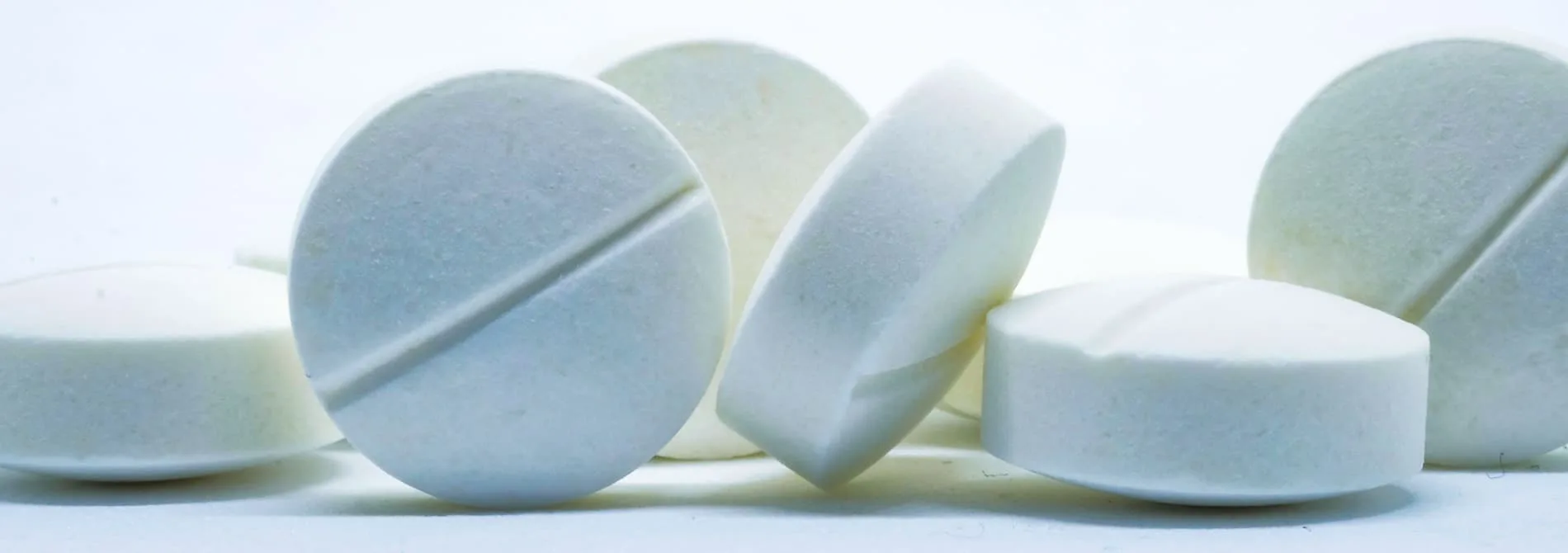Prescription Opioid Withdrawal Symptoms and Timelines

Prescription opioid withdrawal should never be experienced at home alone as it comes with a high risk for complications. Withdrawal symptoms can range from mild to severe, including hallucinations, high blood pressure, and seizures. Opioid users will notice the appearance of these symptoms within 12 hours of the last dose, and withdrawal can last anywhere from a few days to two or more weeks. Medical detox is the safest option for experiencing withdrawal symptoms from Oxycodone, Hydrocodone, Codeine, Fentanyl, and any other type of prescription opioid.
You may have seen the harm opioids have done to your health and career, but it’s a wise choice to prepare to quit using them. At the same time, knowing what happens to the body when prescription opioid use ends is essential. So let’s look at the timeline of withdrawal from this type of drug and explain why a medical detox is always recommended.
PRESCRIPTION WITHDRAWAL SYMPTOMS
Lowering the amount of an opioid used or quitting use abruptly can both lead to withdrawal symptoms. Some symptoms may be mild and manageable. Others could be severe. You may sweat, feel chills, or have a higher body temperature. Nausea, vomiting, and diarrhea are possible as well. During withdrawal from prescription opioids, your blood pressure may increase as your heart races. Anxiety is another possible symptom and can worsen by the appearance of physical symptoms. Hallucinations and seizures could develop, too.
Withdrawal from any drug can be affected by a variety of factors. For example, one factor is the length of time you’ve been using a prescription opioid. Your health and the length of time the drug stays in your system are other factors influencing the severity of withdrawal. If you’re taking other drugs as you attempt to quit using opioids can also affect the severity of symptoms.
PRESCRIPTION OPIOID WITHDRAWAL TIMELINES
How often you use a prescription opioid and how much you use it will affect the timeline of it leaving your body. For example, your kidney and liver health, body mass and weight, body fat, and amount of water in the body also affect the timeline. Also, a fast-acting opioid will remain in the body for less time than an extended-release version.
With Hydrocodone, saliva tests typically only detect it up to 36 hours after the last dose, while urine tests can detect the drug for up to four days. Hair tests can detect Hydrocodone for up to 90 days. These results, while important, don’t reflect the withdrawal timeline for most prescription opioids, which can begin 12 hours after the last dose. Symptoms can persist for several days or longer. However, heavy users should expect to experience withdrawal for more extended periods.
DANGERS OF DETOX AT HOME
Pain and discomfort must be effectively managed when quitting opioid use after prolonged use. Cravings during opioid withdrawal at home can make this form of detox a greater risk for relapse. In addition, some symptoms can be potentially harmful if not properly managed. Dehydration can be a result of continuous diarrhea and vomiting. Dehydration can lead to more severe consequences, such as brain swelling, a drop of oxygen in the body, kidney failure, coma, and death. Uncontrolled high blood pressure can result in heart failure, aneurysm, and stroke.
GETTING OPIOID HELP AT HEADWATERS
Executives can start recovery and learn how to sustain it with help from a world-class treatment team at Headwaters. Each client participates in a program personalized to their needs and goals following medical detox. Individual therapy guides a professional through the steps needed to improve self-care, avoid relapse, and rebuild relationships with loved ones. In addition to offering sophisticated clinical care, Headwaters understands how the demands of successful careers and community status affect affluent individuals with substance use disorders. Using cutting-edge brain science to end addiction is only one element of a holistic approach to a professional’s health and well-being. Restoring their career is another advantage of seeking help at Headwaters. Its Impaired Professionals Program is designed to confidently transition everyone from doctors to attorneys to entrepreneurs back to their successful careers
Hanley Foundation’s Headwaters is a non-profit addiction treatment program for executives, public figures, other affluent individuals, and their loved ones. Headwaters offers leading-edge, personalized clinical care for mental health and substance use disorders, and our professional and compassionate staff can help you achieve holistic wellness. To start your healing journey, call 561-270-1753 today.
Written on Jan 15, 2023

Your Journey to Healing at Headwaters
At Headwaters, we provide exceptional, individualized treatment designed for those seeking discreet, world-class care for addiction and co-occurring mental health conditions.
Explore our beautifully designed residences, therapeutic spaces, and lush outdoor settings—each thoughtfully curated to support your journey.
View our facility photos now and see why Headwaters is a leader in bespoke addiction and mental health treatment.
Take the first step today. Call us to learn more about our comprehensive treatment programs. Call 561-270-1753 today to speak with an admissions specialist.